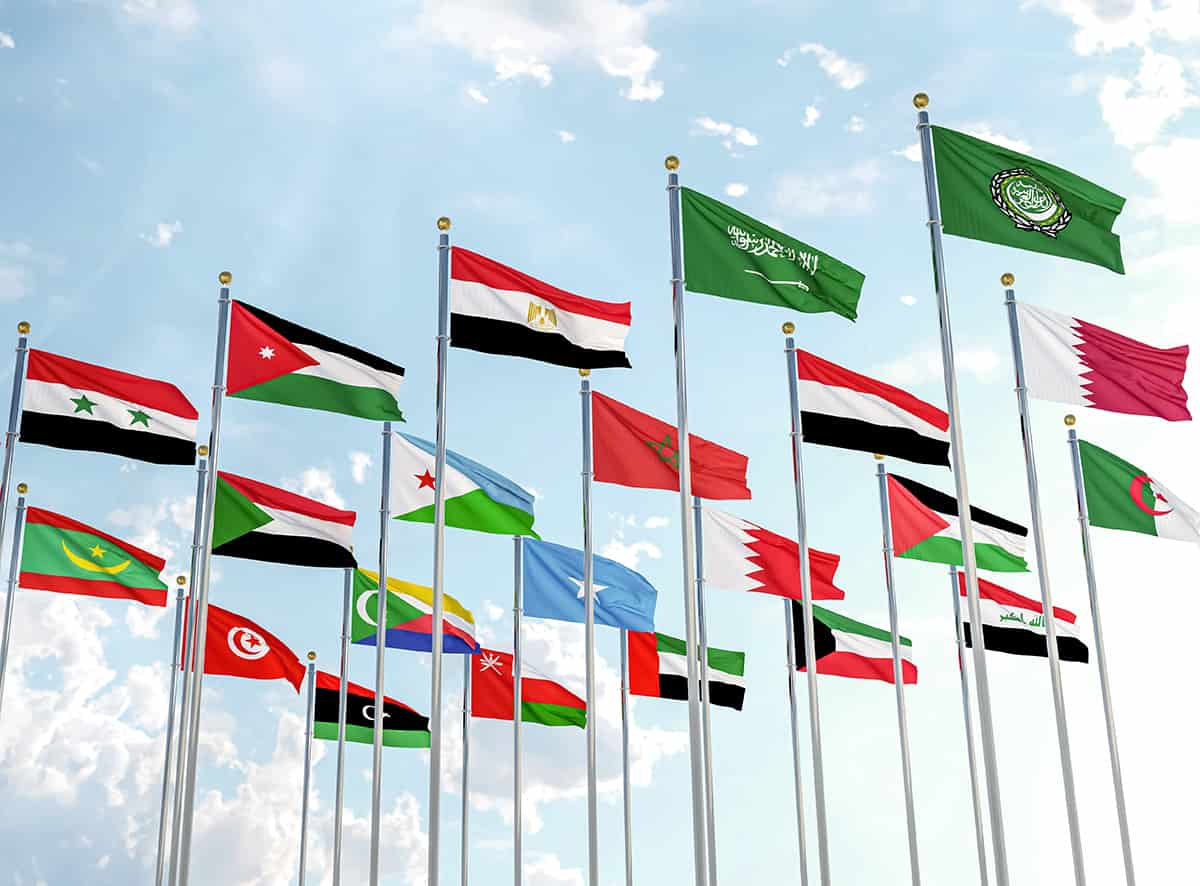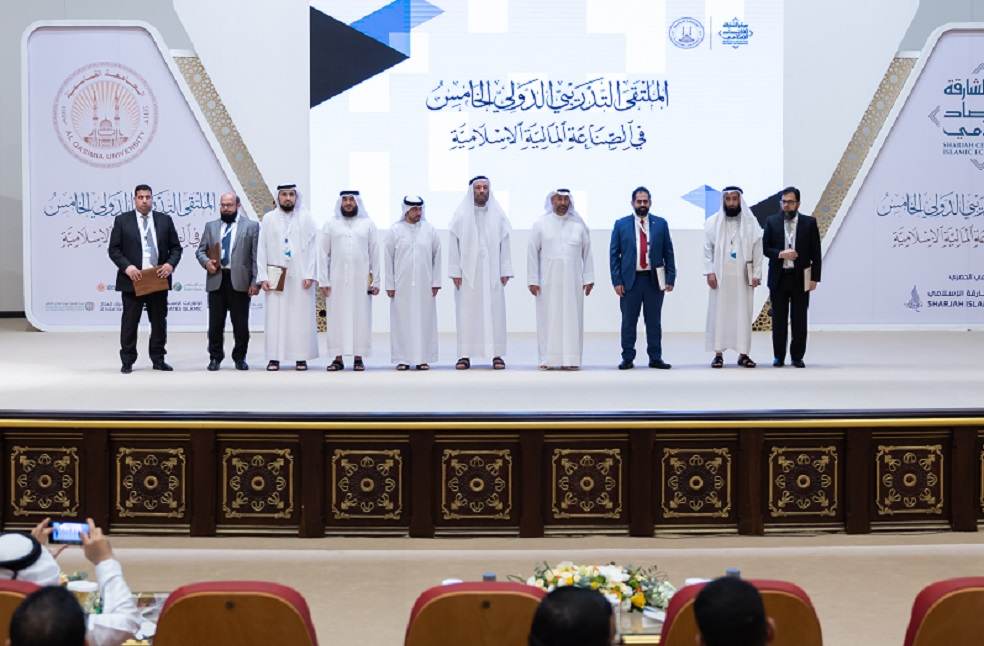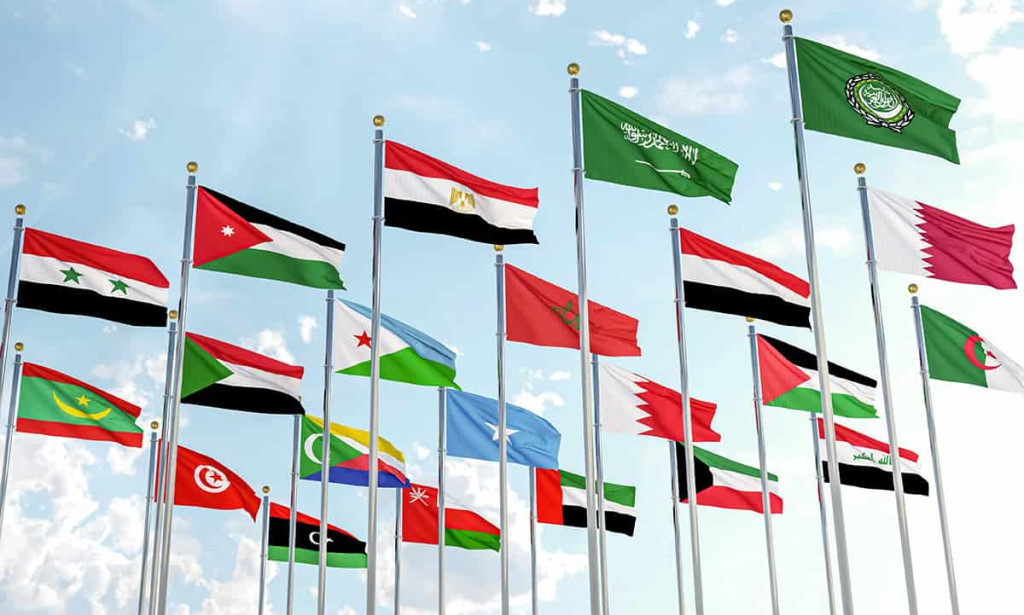 Introduction:
Introduction:
The Palestinian-Israeli conflict stands as one of the most enduring and complex conflicts in modern history, characterized by decades of violence, political deadlock, and humanitarian crises. Amidst this turmoil, the role of Muslim countries has been multifaceted, ranging from diplomatic support for the Palestinian cause to regional power dynamics and the pursuit of national interests. This article delves into the intricate role of Muslim-majority nations in the ongoing struggle for Palestinian rights and statehood.
Historical Context:
The roots of the Palestinian-Israeli conflict trace back to the late 19th and early 20th centuries, marked by the Zionist movement's aim to establish a Jewish homeland in Palestine, then under Ottoman rule. The subsequent influx of Jewish immigrants and the declaration of the state of Israel in 1948 led to the displacement of hundreds of thousands of Palestinians, sparking decades of conflict and suffering. Muslim countries, united by religious and cultural ties to Palestine, have been closely intertwined with this conflict since its inception.

Diplomatic Support:
Muslim-majority nations, particularly those in the Middle East, have consistently voiced support for the Palestinian cause on the international stage. They have championed the rights of Palestinians to self-determination, statehood, and the return of refugees displaced by the conflict. Organizations like the Organization of Islamic Cooperation (OIC) have played a central role in coordinating diplomatic efforts and mobilizing support for Palestine among Muslim countries.
Financial Assistance:
Muslim countries have provided significant financial assistance to the Palestinian territories, aiming to alleviate the humanitarian crisis and support infrastructure development. Countries like Saudi Arabia, Qatar, and Kuwait have pledged billions of dollars in aid to Palestine, funding projects ranging from healthcare and education to housing and infrastructure. This financial support has been crucial in sustaining the Palestinian economy and mitigating the impact of Israeli occupation and blockade.
Humanitarian Aid:
In addition to financial assistance, Muslim-majority nations have been actively involved in providing humanitarian aid to Palestinians affected by conflict and displacement. Organizations like the Red Crescent Society of the United Arab Emirates and Qatar Charity have undertaken relief efforts, delivering food, medical supplies, and emergency assistance to vulnerable communities in Gaza and the West Bank. These initiatives have been vital in addressing the immediate needs of Palestinians living under occupation and siege.
Diplomatic Initiatives:
Muslim countries have also pursued diplomatic initiatives aimed at resolving the Israeli-Palestinian conflict and achieving a just and lasting peace. Efforts such as the Arab Peace Initiative, proposed by Saudi Arabia in 2002, have outlined a comprehensive framework for peace based on the principles of land for peace, the establishment of a Palestinian state with East Jerusalem as its capital, and the resolution of the refugee issue. While these initiatives have garnered international support, they have yet to result in a breakthrough in the peace process.
Regional Dynamics:
The Palestinian-Israeli conflict intersects with broader regional dynamics, shaping the involvement of Muslim countries in complex ways. For countries like Iran and Turkey, support for Palestine is intertwined with broader geopolitical ambitions and ideological agendas. Iran, for instance, sees itself as a champion of resistance against Israeli occupation and a supporter of Palestinian armed groups like Hamas and Islamic Jihad. Turkey, under President Recep Tayyip Erdoğan, has sought to position itself as a leader of the Muslim world and a vocal advocate for Palestinian rights, often clashing with Israel on the international stage.
Normalization Efforts:
In recent years, there has been a notable shift in the approach of some Muslim-majority nations towards Israel, driven by geopolitical considerations, economic interests, and the changing dynamics of the Middle East. The Abraham Accords, brokered by the United States in 2020, saw the normalization of relations between Israel and several Arab countries, including the United Arab Emirates, Bahrain, Sudan, and Morocco. While hailed as a historic breakthrough, these agreements have sparked criticism from Palestinians and their allies, who see them as a betrayal of the Palestinian cause and a normalization of Israeli occupation.
Challenges and Opportunities:
The role of Muslim countries in the Palestinian-Israeli conflict is fraught with challenges and opportunities. While they have consistently advocated for Palestinian rights and supported their cause, internal divisions, geopolitical rivalries, and shifting alliances have complicated efforts towards a unified stance. Moreover, the failure to achieve a just and comprehensive resolution to the conflict continues to perpetuate human suffering and instability in the region. However, there remains hope that concerted diplomatic efforts, backed by international solidarity and grassroots activism, can pave the way for a peaceful and equitable solution to the Palestinian-Israeli conflict.
Conclusion:
The role of Muslim-majority nations in the Palestinian-Israeli conflict is multifaceted, encompassing diplomatic support, financial assistance, humanitarian aid, and regional dynamics. While they have been steadfast in their support for the Palestinian cause, internal divisions and external pressures have posed challenges to their efforts. Nevertheless, the collective resolve of Muslim countries, coupled with international solidarity and grassroots activism, remains essential in advancing the quest for justice, dignity, and peace for the Palestinian people.



You must be logged in to post a comment.